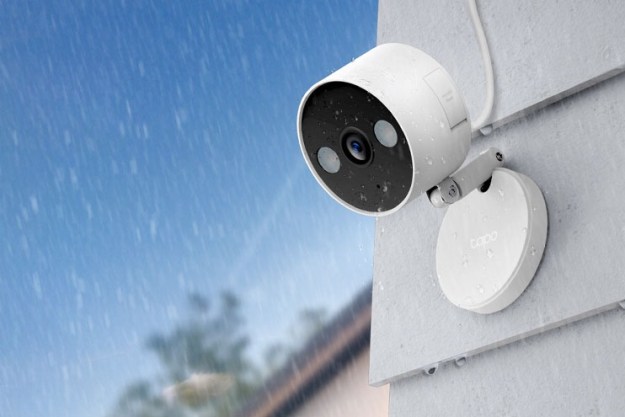There will be 3,200 smart sensors installed to enhance streetlights with various capabilities throughout San Diego. By connecting them to a digital network, they can find open parking spots, optimize traffic, enhance public safety, and track air quality. All this information will then be accessible in the palm of your hands.
This movement is all part of San Deigo’s Vision Zero strategy to eliminate traffic fatalities or severe injuries. By using real-time anonymous sensor data, the streetlights can help first responders get to emergencies faster or identify intersections that need improvement for pedestrians and cyclists. It’s all powered by Current, a digital engine used for smart environments developed by GE. Originally created for commercial buildings and industrial facilities, this is will be their next big step forward with the technology.
“We’re honored to be part of this historic transformation,” said Maryrose Sylvester, President and CEO of Current. “We have a proud history of helping San Diego proactively save energy through efficient lighting, and now we’re expanding that same infrastructure beyond energy into a new realm of intelligence.”

For now, the 3,200 sensor nodes will be installed across the city with the potential to expand with another 3,000 in the future. The anonymous information from the sensors is able to be used by developers to create apps and software that benefit the area. For instance, open parking spaces could be found in real time using a smartphone app. Meanwhile, the air quality data will help the city meet their goals in the Climate Action Plan.
In addition to the sensor nodes, San Diego is replacing 14,000 streetlights with energy efficient versions. This will reduce annual energy cost by $2.4 million and overall energy by 60 percent. Installation of the new lights begins this summer and expects to be completed by fall 2018.
Editors' Recommendations
- Can a smart sprinkler system help you use less water?
- Los Angeles and San Diego schools to reopen in August with online-only classes
- San Diego Comic-Con 2020 canceled for first time in 50-year history
- Expect to see a lot more from Ikea in the smart home sector
- Marvel Games panel at San Diego Comic Con 2019 will be jam-packed with surprises


